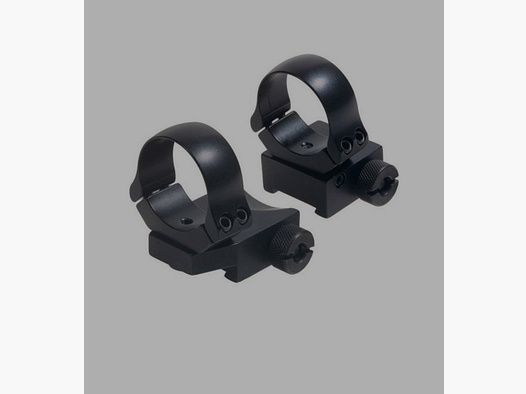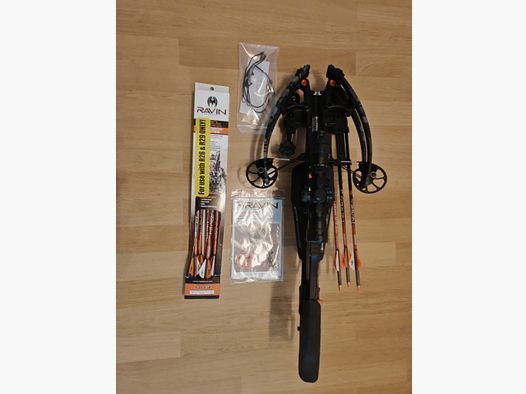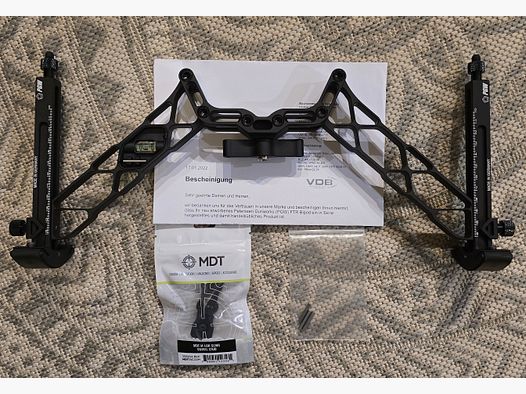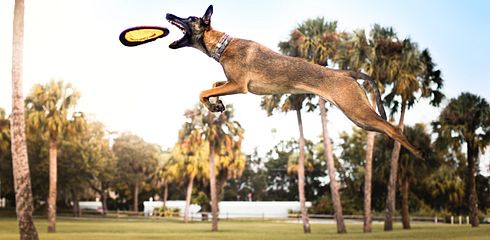The training of a hunting dog includes various tests aimed at assessing its abilities and suitability for hunting as well as for other purposes. These tests vary by country and hunting tradition, but some common tests and their purposes are as follows:
Utility Test (Utility Certificate)
- Purpose: This test evaluates the basic hunting skills of the dog, including obedience, tracking, retrieving, and behavior when shot.
- Relevance: It is a prerequisite for hunting permits in many regions and confirms that the dog can be safely and effectively used in hunting.
Autumn Breeding Test (HZP)
- Purpose: This test is designed to assess the hunting skills and temperament of the dog during the autumn hunting season. It focuses on skills such as searching, pointing, retrieving, and water work, which are particularly relevant in autumn.
- Relevance: The HZP is especially important for hunting dogs used in field, forest, and water areas. It provides insight into the dog's development after the youth test and is a crucial indicator of its suitability as a versatile hunting dog. This test is also significant for breeders, as it provides important information about the hunting qualities and developmental potential of the dogs in their breeding line. The results of the HZP can also be decisive for breeding admission, as they demonstrate the hunting abilities and quality of the dogs under real hunting conditions.
Association Youth Test (VJP)
- Purpose: This test is intended for young dogs and evaluates natural abilities such as tracking willingness, nose use, searching, and pointing.
- Relevance: It serves for early talent detection and is important for breeders to assess the quality of their breeding lines.
Association Utility Test (VGP)
- Purpose: A comprehensive test that assesses the dog's overall hunting skills in various disciplines such as tracking, water work, field work, and obedience.
- Relevance: It is crucial for hunting dogs that are to be used in diverse hunting situations and is considered proof of the highest performance capability.
Tracking Test
- Purpose: A specialized test to assess the dog's ability to track injured game over long distances.
- Relevance: Particularly important for tracking dogs used to find injured game.
Retrieving Tests
- Purpose: Evaluates the dog's ability to find and retrieve shot game.
- Relevance: Important for retrievers and other dogs specifically trained for retrieving.
International Tests (e.g., International Working Test, International Shorthaired Test (IKP))
- Purpose: Assessment of the dog's performance according to international standards.
- Relevance: Important for recognition and participation in international competitions and events.
Water Work
- Purpose: Tests the dog's abilities in working in and around water, including retrieving from water.
- Relevance: Essential for dogs used in water hunting.
Special Breeding Tests
- Purpose: Assessment of specific breed characteristics and abilities required for certain types or styles of hunting.
- Relevance: Important for the preservation and improvement of specific hunting dog breeds.
Summary
Each test aims to evaluate different aspects of a hunting dog's abilities and suitability. The choice of the right tests depends on the intended use of the dog, the breed, and local hunting traditions. It is important that the dog is trained and prepared in accordance with the requirements of these tests to achieve its full performance capability.





























